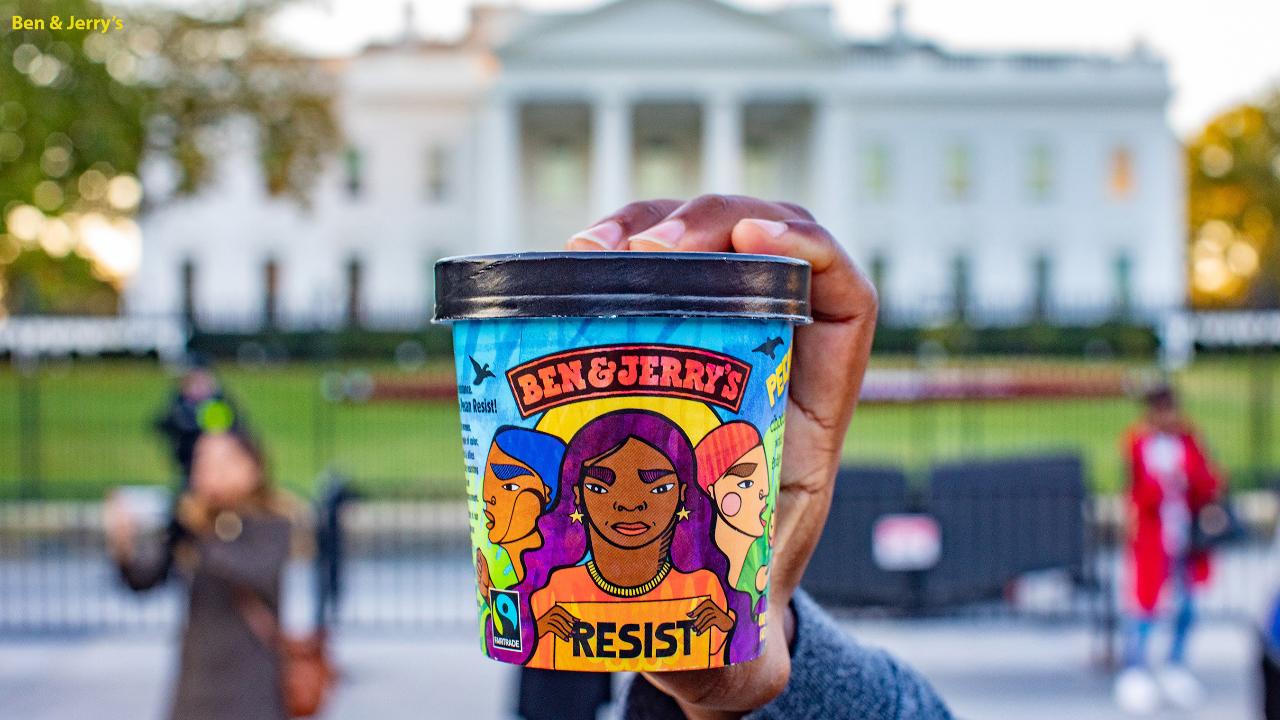Midterms 2018: Ben & Jerry's, Patagonia take political stances before Election Day
Dozens of major corporations have poured money into the 2018 midterm election races before Nov. 6, but at least two companies have gone a step further by taking a definitive stance for – or against – political figures.
Last month, outdoor retailer Patagonia formally endorsed Democrats involved in tight Senate races in two states – Rep. Jacky Rosen, who is challenging incumbent Republican Sen. Dean Heller in Nevada, and Sen. Jon Tester, who is seeking reelection against Republican candidate Matt Rosendale in Montana. The company said it took the unprecedented step to openly support two candidates in order to conserve public lands.
“The company is endorsing candidates for the first time this year because of the urgent and unprecedented threats to our public lands and waters,” the company said in a statement obtained by The Hill. “Nevada and Montana are two states where Patagonia has significant company history and a long record of conservation accomplishments, and where the stakes are too high to stay silent.”
A fierce proponent of the conservation movement, Patagonia ripped the Trump administration last December over a plan to reduce the size of two national parks in Utah by roughly two million acres.
Ben & Jerry’s, the ice cream company known for its progressive politics, in October unveiled a new flavor called “Pecan Resist” to protest Trump administration policies it deems discriminatory, including controversial measures on immigration and the environment. The Vermont-based brand also donated $25,000 each to four charities devoted to social activism.
The company said the new flavor “supports four organizations that are working toward a more just and equitable future and peacefully resisting the Trump administration’s regressive and discriminatory policies.”
In terms of campaign contributions, spending among Fortune 500 companies was divided almost equally between Democratic and Republican candidates. An Axios review of donations found that roughly $93 million went to Republicans, compared to $86 million to Democrats.
“Certain industries lean right or left, but major corporations generally hedge their bets—favoring the party in power, but delivering hefty sums to both sides—and on that score, 2018 is no different,” Sheila Krumholz, executive director of the Center for Responsive Politics, told Axios.
Many other companies have taken a nonpartisan approach to boosting voter turnout. Hundreds of brands signed onto the “Time to Vote” movement, a nonpartisan effort to encourage employees to vote by providing time off and educational resources.




















